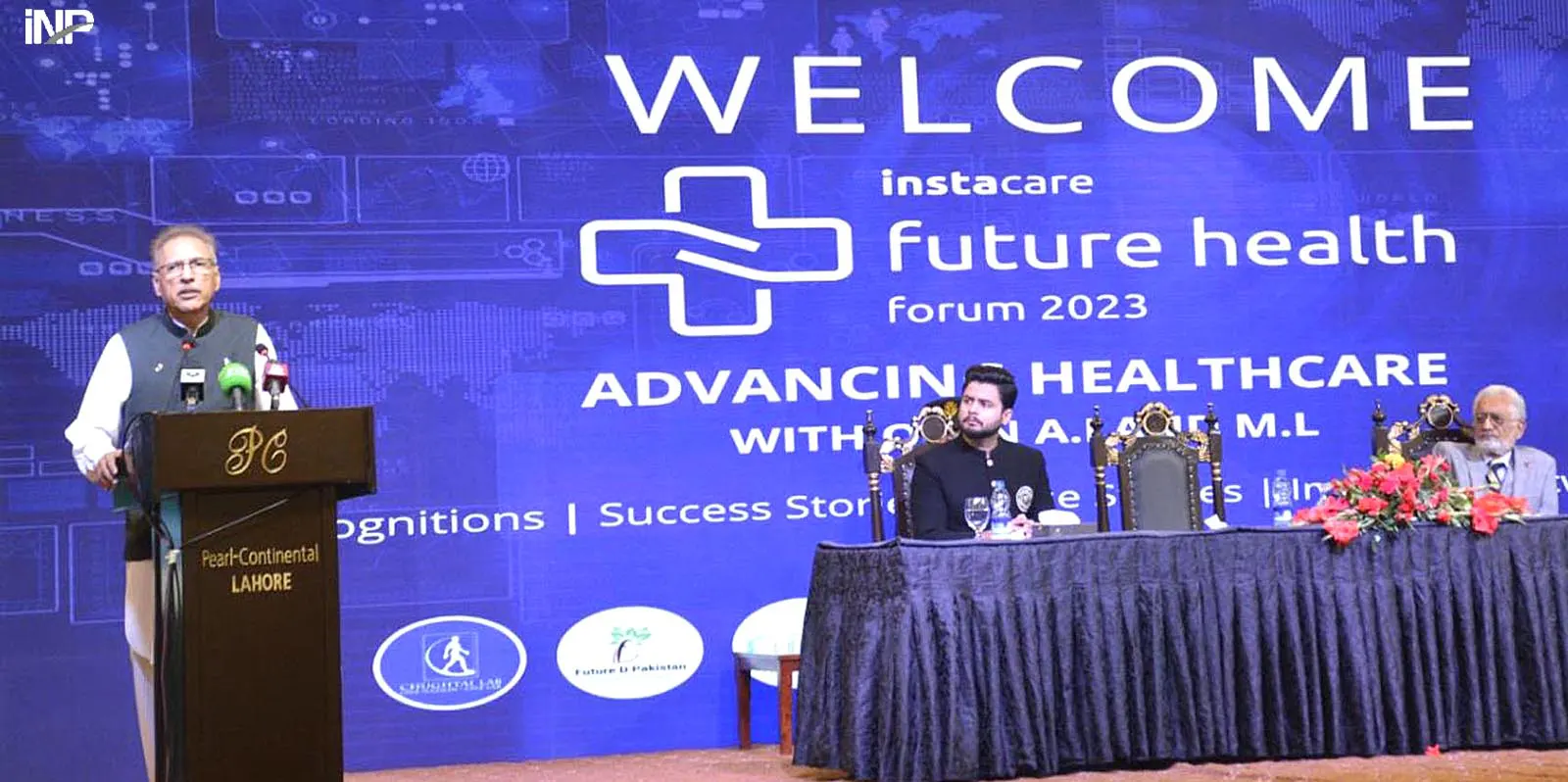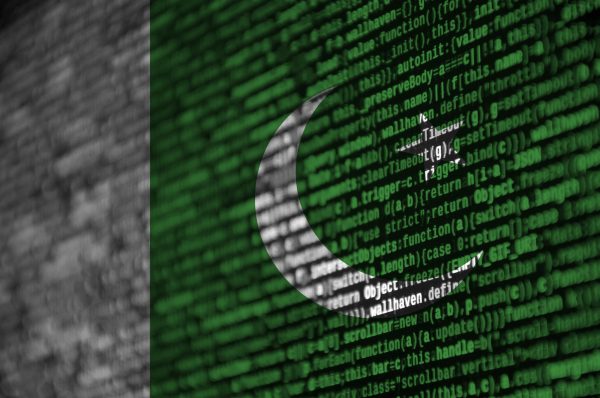
The destiny of synthetic intelligence, AI in Pakistan is now. AI is becoming essential to the country’s development and progress due to its potential to revolutionize various sectors and industries. This piece will inspect the current and feature state of AI adoption in Pakistan, highlighting key government wits, industry players, applications in various sectors, Labor force implications, and ethical reflections. We Willpower also covers chances for revolution, education and research, rule collaboration, and future trends in AI.
Table of Contents
AI in Pakistan
1: Pakistan Adopt AI
Pakistan has completed important steps towards adopting AI technologies since 2018 when the government threw the Presidential Inventiveness for Artificial Intelligence and Computing (PIAIC). In 2020, the government proclaimed its second flagship initiative, the Pakistan Artificial Intelligence Initiative (PAII), to provide admission to cutting-edge AI technologies in part such as healthcare, finance, and agriculture by 2022.
In 2023, AI can play a positive role in Pakistan by enhancing productivity, efficiency, and innovation. For example, AI can help farmers optimize crop yields, diagnose diseases, and reduce water wastage. AI can also improve education by providing personalized learning experiences, adaptive assessments, and interactive content. AI can also support national security by detecting threats, preventing cyberattacks, and improving surveillance. By doing so, Pakistan can harness the benefits of AI while minimizing the risks and challenges.
2: Government and Other Platforms Support AI Development
The State Centre of Artificial Intelligence (NCAI), is a technical initiative well-known by the administration of Artificial Intelligence in Pakistan in 2018. It aims to become an important hub of revolution, scientific research, knowledge handover to the local budget, and exercise in the area of AI and its closely affiliated grounds.
The Ministry of Defence Manufacture distinguishes the possibility of AI and machine learning (ML) to drive the manufacturing and defense sectors of Pakistan. The ministry has articulated its intention to make Pakistan a global hub for AI, data science, cloud-native computation, edge computing, blockchain, augmented reality, and IoT by redesigning and revolutionizing education, businesses, and research through the adoption of cutting-edge technologies and AI-driven bids.
Digital Pakistan Creativity is an inclusive program launched by the government of Pakistan in 2019. It aims to fast-track the growth of the digital budget and enhance the digital skills of the people. One of the key pillars of the initiative is to adopt innovation and free enterprise in the digital sector, including AI and related grounds.
The Pakistan AI Conference is an annual event organized by the Pakistan AI Society, a non-profit society that encourages AI awareness, education, and research in Pakistan. The summit brings together AI experts, researchers, GPs, entrepreneurs, and politicians from Pakistan and abroad to share their insights, experiences, and best applies on AI development and applications.
AI used in Pakistan
1: Healthcare
AI can help improve the quality and accessibility of healthcare services in Pakistan, especially in rural and remote areas where there is a shortage of doctors and facilities. AI can assist in diagnosis, treatment, prevention, and research of various diseases, such as cancer, diabetes, and cardiovascular disorders.

For example, a Pakistani startup called Sehat Kahani uses AI to connect patients with doctors through telemedicine and chatbots. Another example is a project by the National University of Sciences and Technology (NUST) that uses AI to detect breast cancer from mammograms.
2: Education
AI can enhance the learning outcomes and opportunities for students and teachers in Pakistan, especially in the context of the COVID-19 pandemic that has disrupted the traditional education system. AI in Pakistan can provide personalized and adaptive learning, feedback, assessment, and tutoring, as well as facilitate online and blended learning.

For example, a Pakistani startup called Dot and Line uses AI to provide online math tutoring for girls. Another example is a project by the Lahore University of Management Sciences (LUMS) that uses AI in Pakistan to create interactive and engaging educational games.
3: Governance
AI can improve the efficiency and transparency of governance and public services in Pakistan, as well as enable citizen participation and empowerment. AI in Pakistan can help in policy making, planning, monitoring, evaluation, and delivery of various government functions, such as taxation, law enforcement, disaster management, and social welfare.

For example, the Punjab Information Technology Board (PITB) uses AI to automate and streamline the land record management system. Another example is a project by the National Database and Registration Authority (NADRA) that uses AI in Pakistan to verify the identity and biometrics of citizens.
4: Business
AI can boost the productivity and innovation of businesses and industries in Pakistan, as well as create new markets and opportunities. AI can help in optimizing processes, enhancing customer experience, increasing competitiveness, and generating insights and value from data.

For example, a Pakistani startup called Airlift uses AI in Pakistan to provide smart bus transportation services. Another example is a project by the Pakistan Stock Exchange (PSX) that uses AI to analyze and predict the stock market trends.
To conclude, AI in Pakistan is a powerful and transformative technology that can have a positive impact on various aspects of Pakistan’s society and economy. However, Pakistan also needs to address the challenges and risks that come with AI, such as ethical, legal, social, and security implications. Pakistan needs to develop a comprehensive and coherent strategy and framework for AI in Pakistan, that involves the collaboration and coordination of all stakeholders, such as government, academia, industry, civil society.
























































